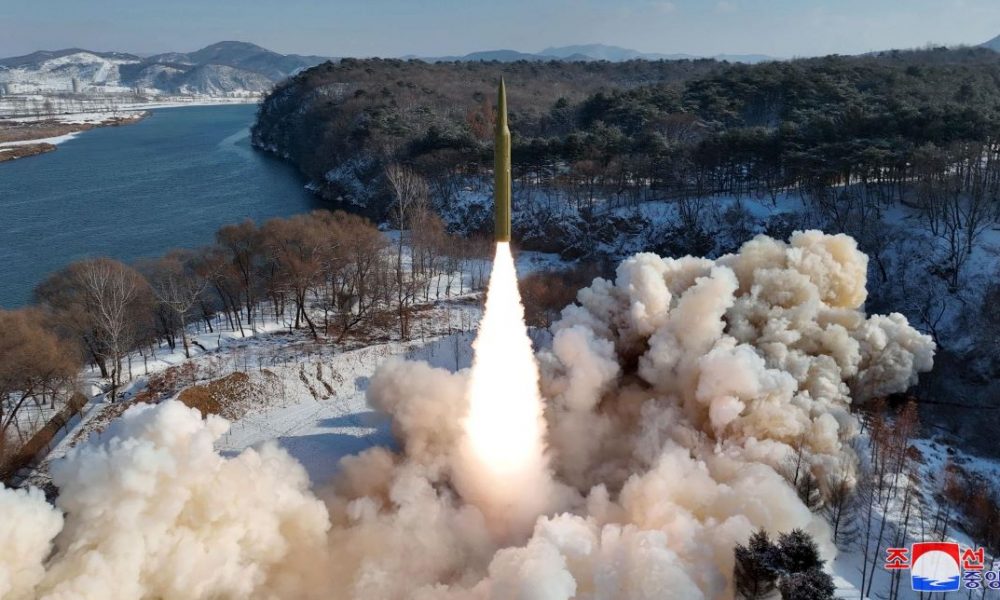
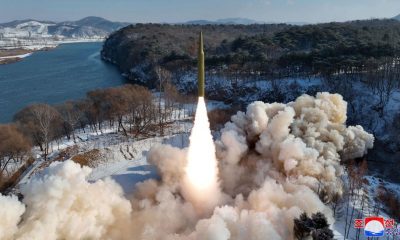

Under increasing threat from Pyongyang, South Korea is thinking about possessing nuclear weapons. The subject has been taboo in Japan, but will that change?
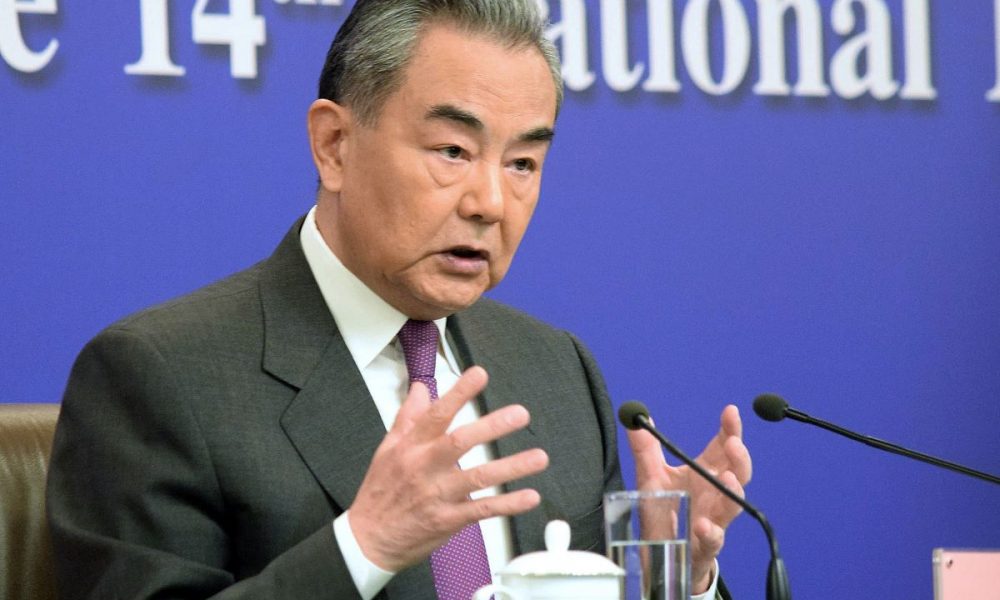
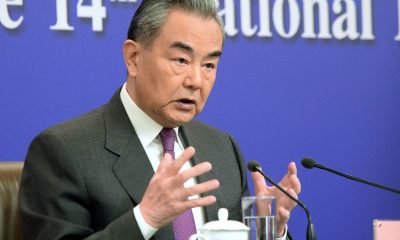

China's foreign minister Wang Yi is the key decision-maker when it comes to China's relations with other countries, including Japan.



Completing the 5th edition of the DHARMA GUARDIAN exercises shows the deep commitment Japan and India have made to deterrence in the Indo-Pacific.
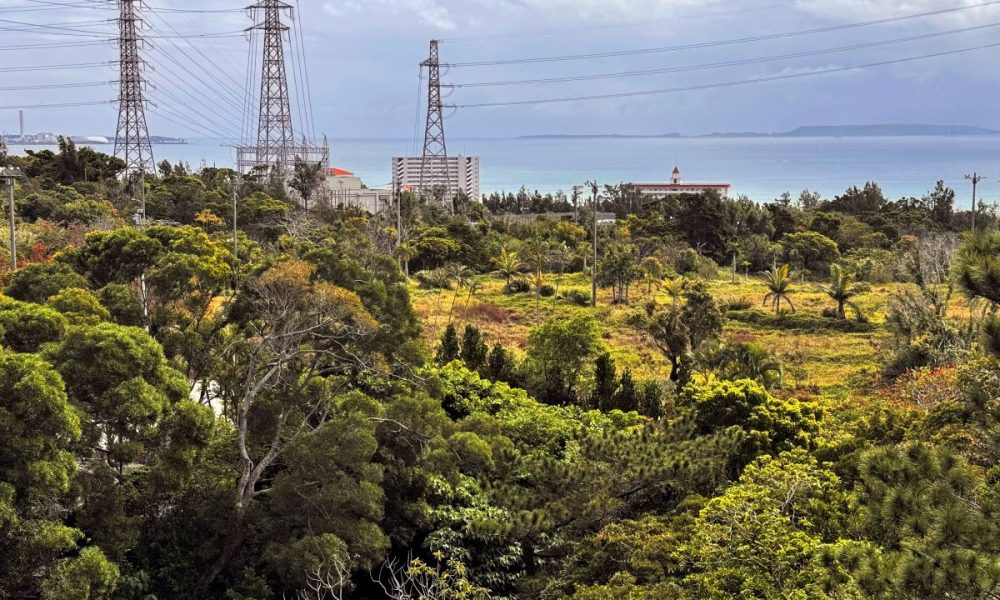
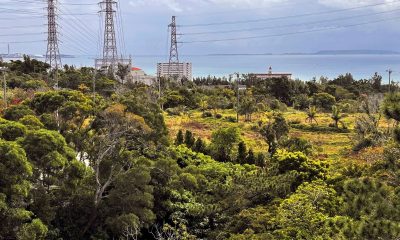

Okinawa Prefecture is on the frontline of our nation's defense. It must stop obstructing efforts to defend the lives and property of Okinawa people and Japan.



The poorly constructed Pokhara airport, which has engulfed Nepal in massive debt, illustrates the risks of importing China's infrastructure-at-any-cost model.
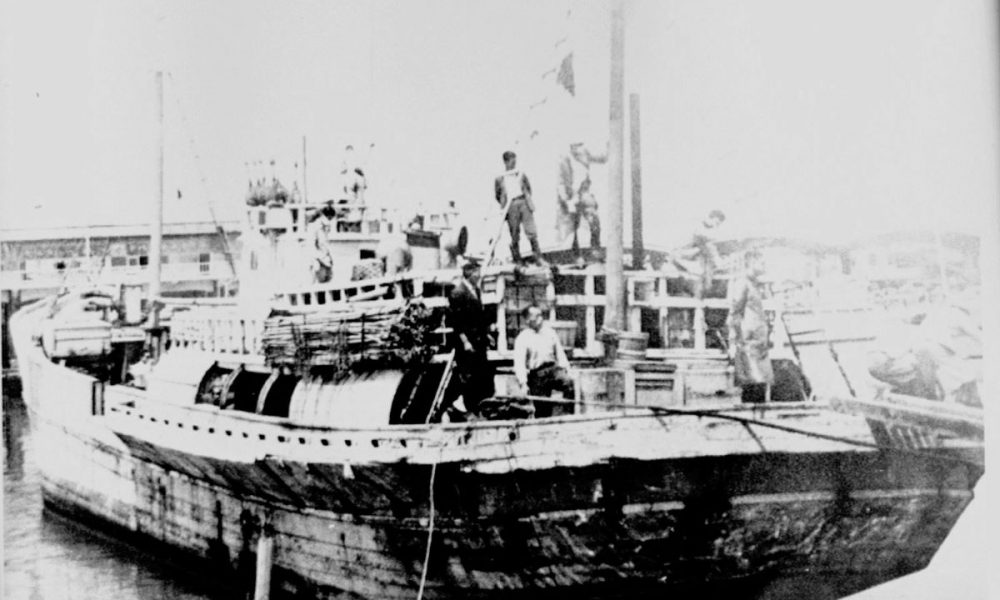
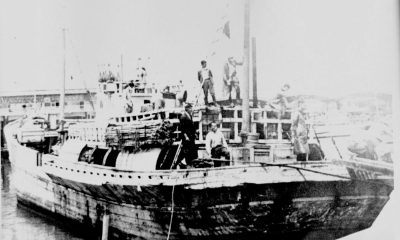

The Lucky Dragon No 5 is a reminder that hydrogen bombs are terrible weapons. But using nuclear technology for peaceful purposes will also provide clean energy.
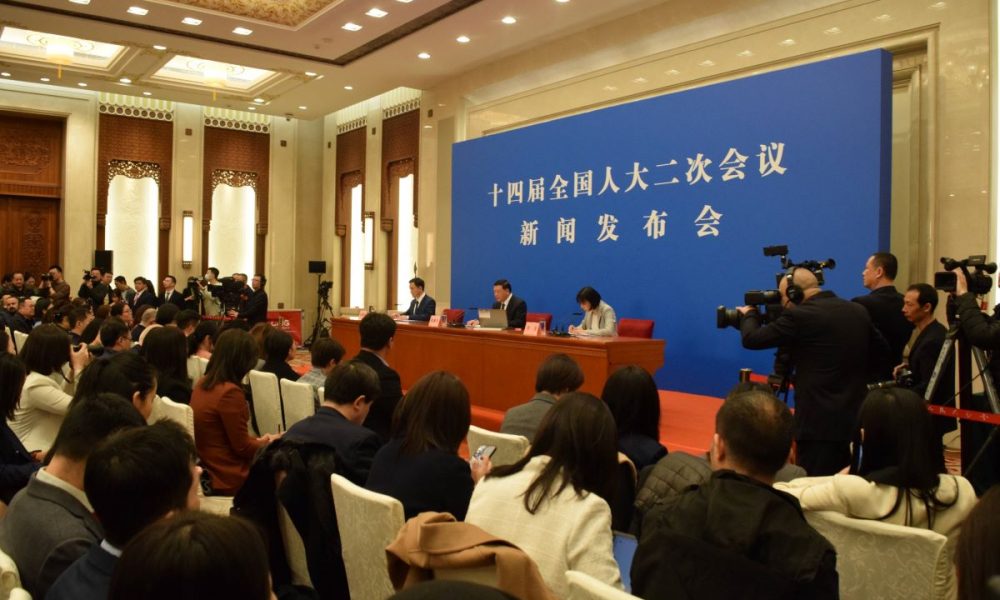
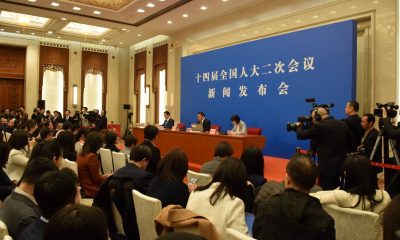

The National People's Congress in China is holding its annual political conference from March 4. Join us to follow its expected key themes and priorities.
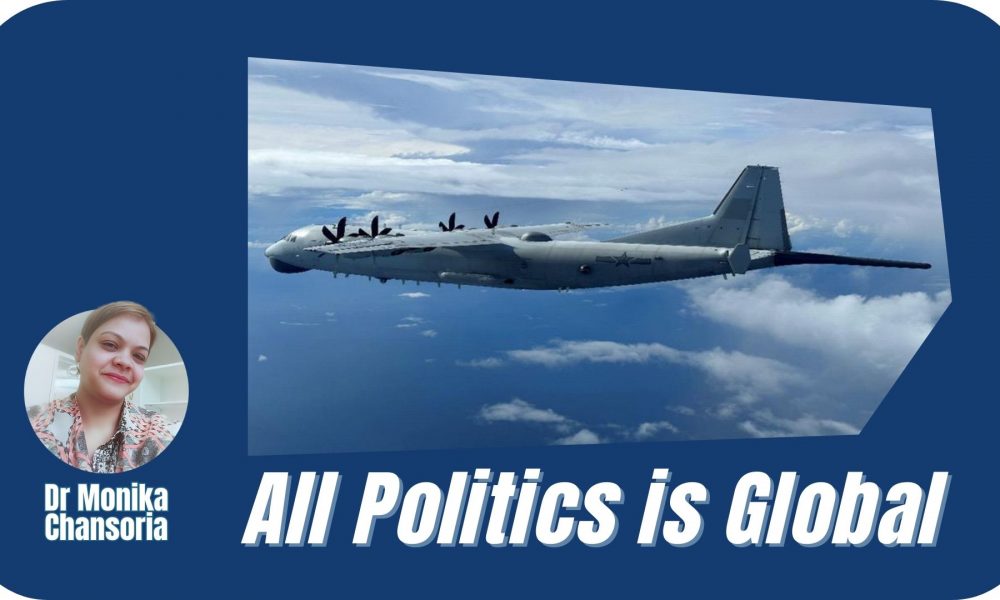


The Chinese army has begun its annual drills with an almost exclusive focus on boosting its presence and capabilities in the South China Sea and Taiwan...
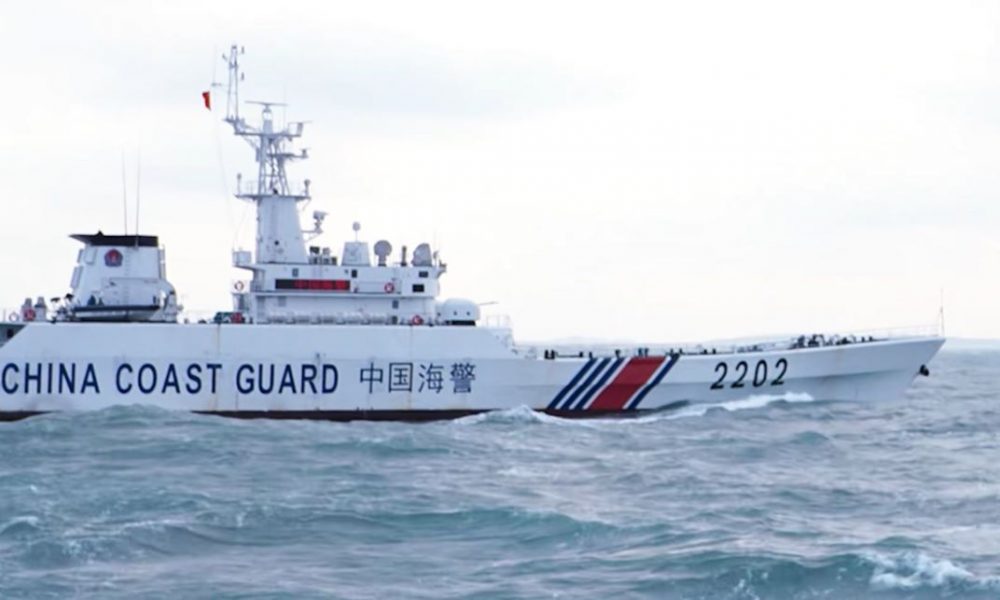
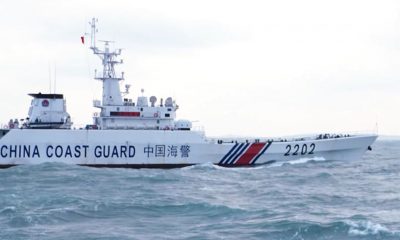

China continues to bully its neighbors through lawfare. The most recent example is when a Chinese speedboat crossed the Taiwan Strait's median line in February.
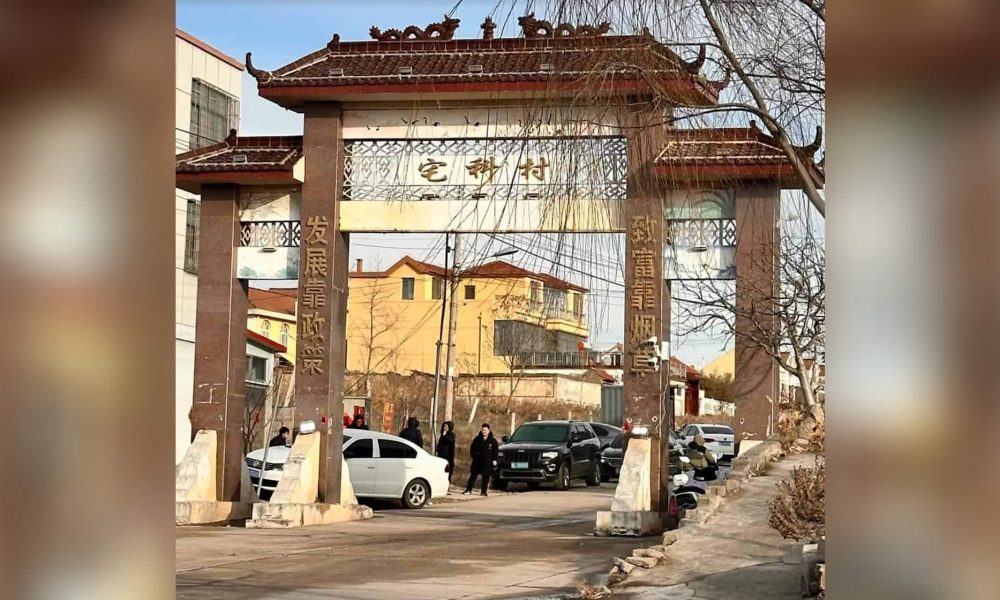
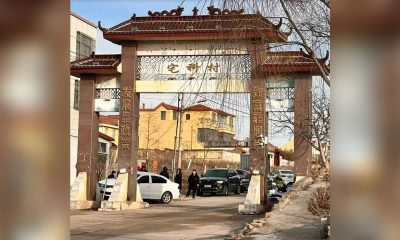

The mass killings in China may be a precursor to further social unrest, fueled by growing distrust in the judiciary and frustration with the status quo.
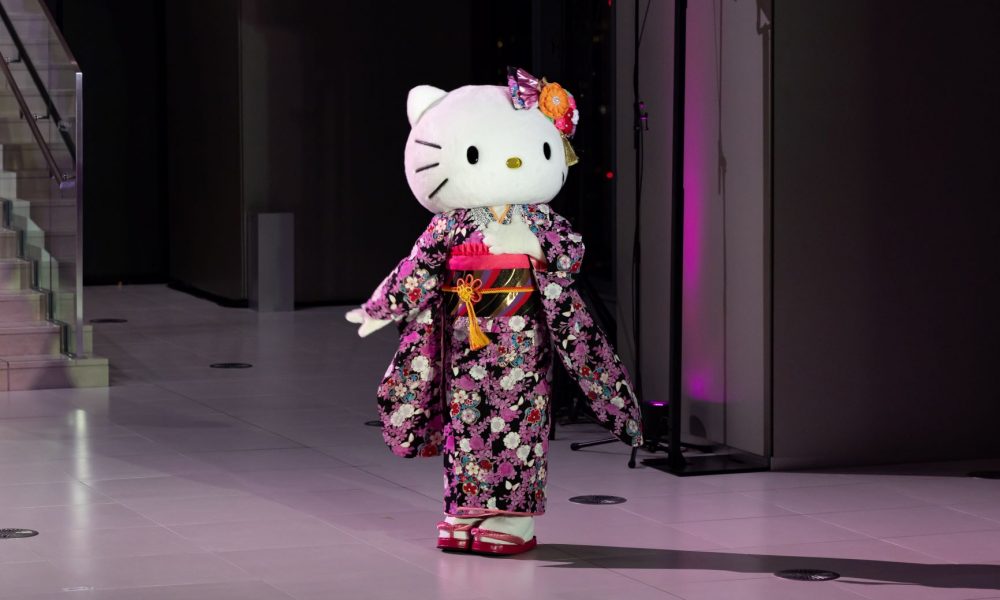
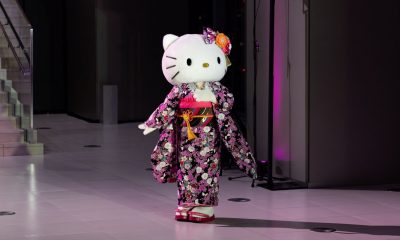

Hello Kitty is expanding her circle of joy, using cultural diplomacy to bring her "kawaii" touch to the Japan-ASEAN 50th anniversary and SDGs initiatives.
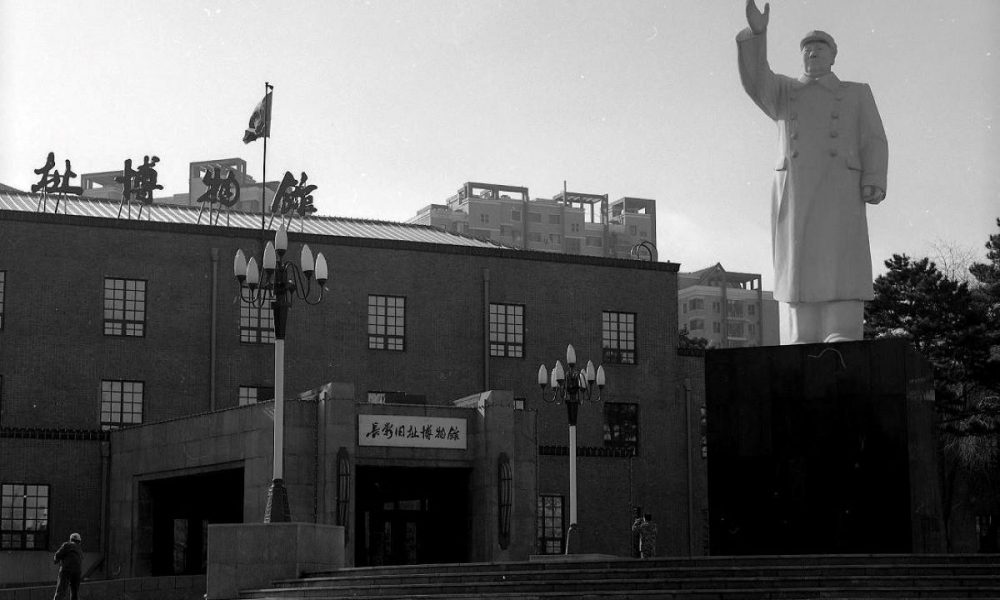
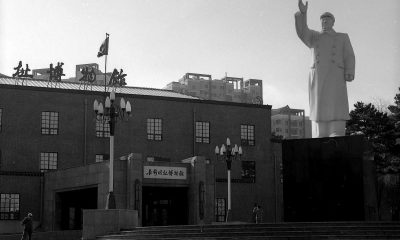

From film studios to shrines, Osamu Funao spent three years photographing around 400 surviving structures of Japanese architecture from the occupation of China.